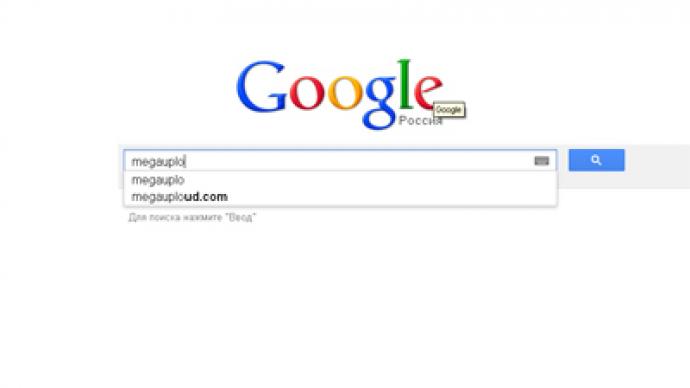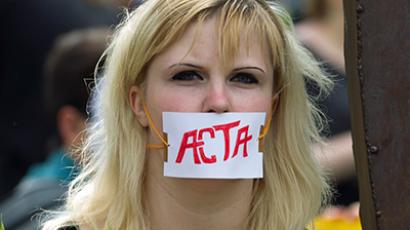Search engines to censor file-sharing sites? Google loses key case

Google has lost a landmark case after France’s Supreme Court ruled that the search engine must filter automatically suggested links to sites that offer pirated content. The ruling may open up the floodgates for more search restrictions.
The case was initiated by French copyright group SNEP back in 2010. It concerns Google's Autocomplete and Instant features, which automatically suggest websites based on the first few letters typed into the Google search line. SNEP claimed the feature was directing users towards illegal content, even if the searchers did not actively pursue it.Among the examples are torrent providers, such as The Pirate Bay, and Internet file hosting services like Rapidshare and Megaupload.A lower court did not initially rule in favor of SNEP, but France’s top judicial authority, the Court de Cassation, said the copyright group was entitled to use “all measures to prevent or stop such an attack on copyright or related rights.”“This decision, showing that search engines should be responsible for regulating the Internet, is a first in France,” said a statement from David El Sayegh, the CEO of SNEP.Incidentally, Google has itself voluntarily blacklisted file-sharing sites from being automatically suggested since the end of last year. Although the system is imperfect, it broadly complies with the principles demanded by SNEP.Google said it was dismayed by the ruling, and claimed there was no criminal intent behind the operation of its Autocomplete and Instant products."Google Autocomplete algorithmically returns search queries that are a reflection of the search activity of all web users,” said a statement from the company.Although the consequences of the decision will likely be minor, several Internet portals have expressed concern that intellectual property companies will now use search engines as their next weapon in the battle against piracy. Experts also noted that the censorship concerns sites that are not officially illegal or responsible for pirated content.















